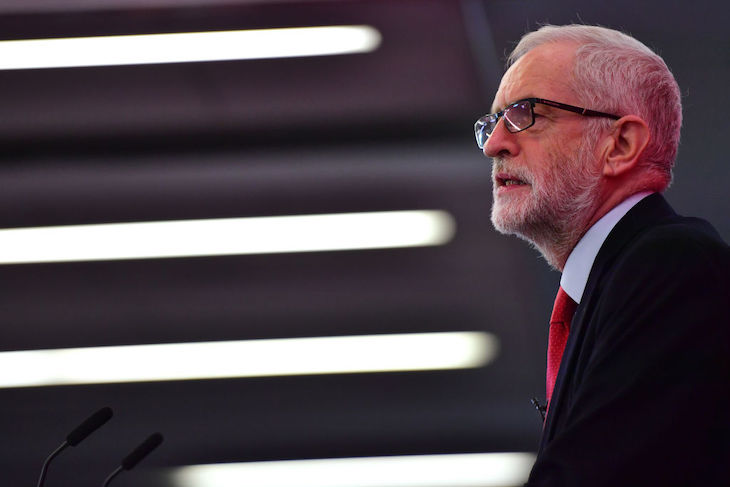If you wanted to completely destroy a modern twenty-first century economy there are various places you could start. You could print money to finance unlimited government spending. You could put up tariff barriers on all your main imports. You could even try raising the minimum wage to £30 an hour, while cutting the working week to three days. In truth, however, if you wanted to do some real long-term damage your best bet would probably be this. Nationalise the broadband network. Unfortunately, that is what the Labour party has just proposed.
Labour has made a splash today with a headline grabbing proposal to provide free broadband for everyone by 2030. In effect, BT’s network would be taken into public ownership, and provided to customers for nothing, with the cost paid for by a tax on technology giants such as Google and Amazon. It is a bad idea in so many ways it is hard to keep track of them all. Anyone who cares to look up what telecoms were like, back when the network was owned and run by the government, when you had to wait three months to get a landline installed, and only had a choice of one type of handset, can easily imagine what the British Broadband Corporation, or whatever they decide to call it, will end up as.
By the 2030s, it will be years behind schedule. The cost of the fibre network will have over-run by billions. Line-sharing and ‘digital rationing’ will have been introduced to stop the over-loaded network from crashing. Half the country will be left without a connection as the insistence on British rather than Chinese made switches and routers creates endless delays. And it will already have been rendered obsolete by super-fast 5G or even 6G connections that are offering hyper-fast internet over a mobile signal. A few villages along the Kent coast will be thriving, as businesses flock there to pick up mobile signals from France that connect far better than the UK national network. But the rest of the country will be stuck in the digital slow lane.
The real problem, however, would be the potentially catastrophic impact on the long-term competitiveness of the UK economy. There are three big problems with Labour’s plan. First, by offering free broadband it is essentially nationalising the whole industry. There won’t be any possible incentive for any other broadband companies to operate. True, they may be legally permitted, but no rational company would want to invest billions in its own network when the state is providing the same service for nothing.
Second, it won’t of course be free. It will be paid for by taxes, and even if those taxes are imposed on the tech giants they will simply be passed on to consumers (in the form of higher prices) and workers in lower wages, in the same way all corporate taxes are. Some people want superfast broadband, some people are happy with slower speeds, and some people don’t want it all. But Labour’s plan will impose a single solution on everyone.
Finally, those tech taxes, and the inevitably slower speeds, and the creaking technology it will employ, will hurt the one sector of the economy that has the greatest potential to deliver productivity growth, spur innovation, and spawn new businesses. Will tech companies prioritise a country where they are being taxed at a higher rate for new projects? Definitely not. Will start-ups experiment with different ways of delivering the internet, and will venture capitalists be willing to fund them? It sounds unlikely. Will consumers be cut out of the latest and fastest connections? Inevitably. In reality, a thriving technology sector, based on world-beating, innovative infrastructure, is crucial to the competitiveness of a twenty-first century developed economy. Labour just promised to destroy that. Even by the standards of Jeremy Corbyn and John McDonnell, it is a senseless idea that would do huge damage if it was ever implemented.






Comments